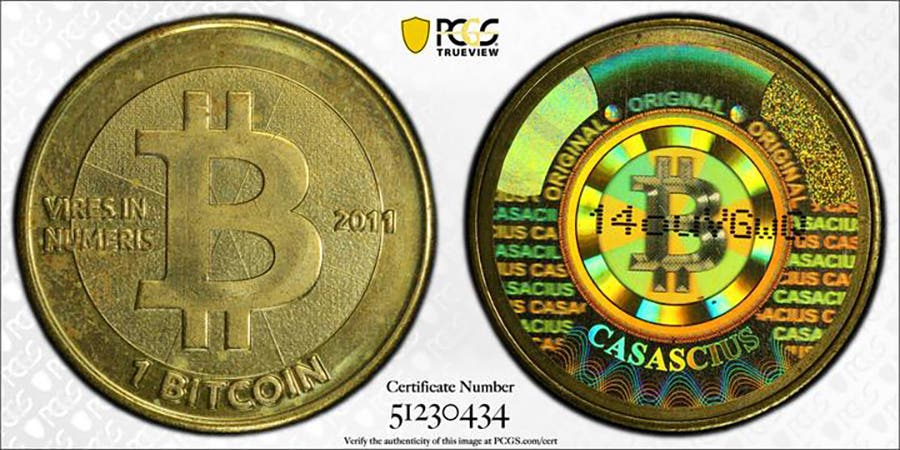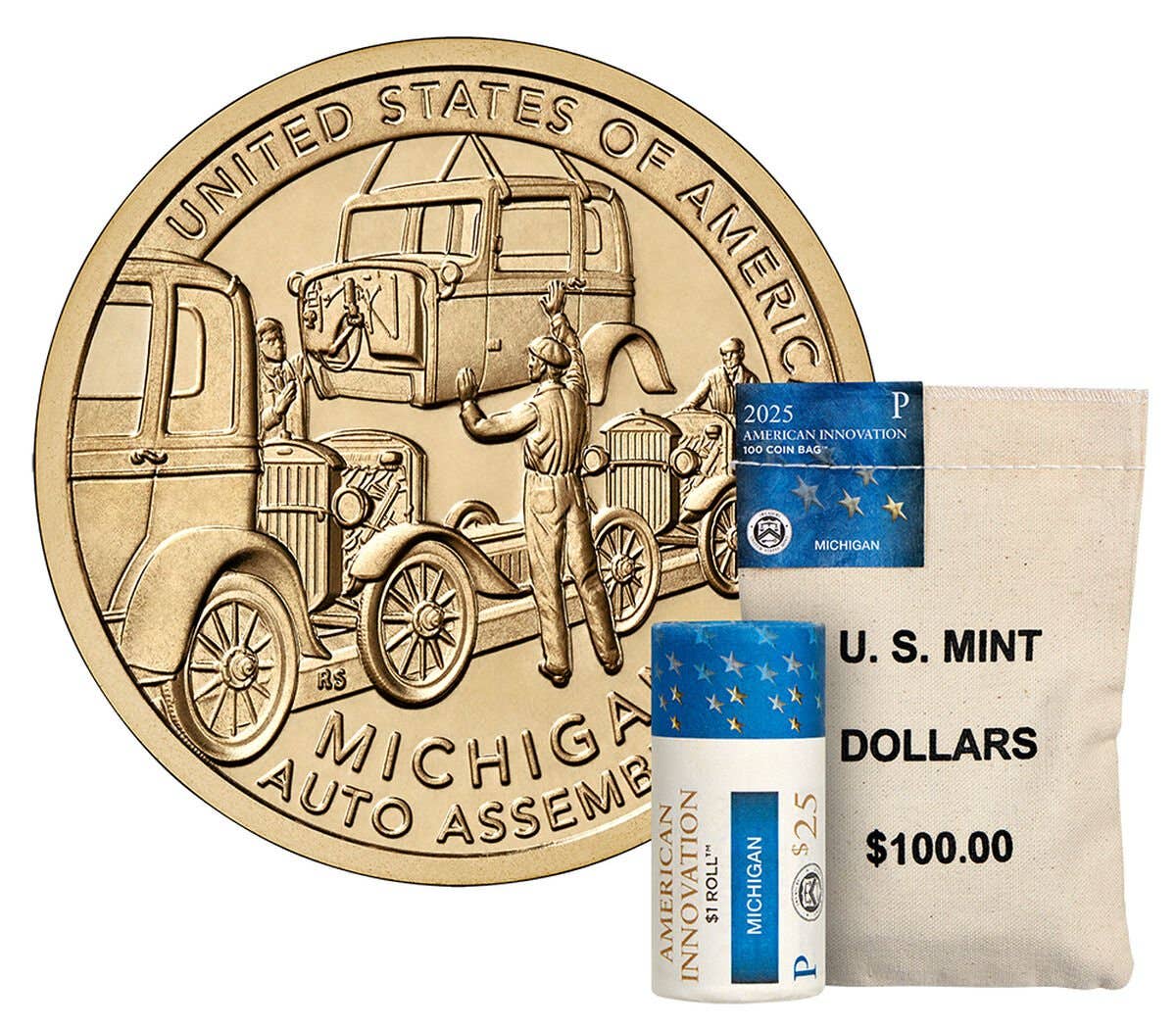Avoid Leverage When Buying Precious Metals
I have repeatedly written over the years that people acquiring physical precious metals avoid leveraging such purchases. Two recent court settlements demonstrate the potential negative consequences of doing so. The…
I have repeatedly written over the years that people acquiring physical precious metals avoid leveraging such purchases. Two recent court settlements demonstrate the potential negative consequences of doing so.
The idea of leverage means that a person makes a purchase of an investment, then uses that investment as collateral to borrow funds to purchase more of the investment. Should the value of the investment increase, profits are multiplied over what would be realized from the initial purchase paid by the investor.
Unfortunately, if the investment loses value, the losses are also multiplied. Even more risky, when investment values decline, the investor receives a margin call to put up immediate additional cash or risk selling out the entire position at a loss.
Here’s a hypothetical example of how that could work. Say an investor purchases $10,000 of silver bullion, then borrows another $40,000 to purchase silver bullion, for a total investment of $50.000. If the value rises 10 percent to $55,000, the investor can realize a $5,000 profit less the interest cost, almost 50 percent on the initial out-of-pocket expenditure.
But, if the value of the total investment declines by 10 percent to $45,000, the investor’s remaining $5,000 net position would not be enough to provide 20 percent collateral. Therefore, the investor would get a margin call to immediately pay $4,000 or risk having his investment sold out at a loss of 50 percent plus interest costs.
Since I advocate owning bullion-priced physical gold and silver coins and ingots as a form of “wealth insurance,” this should be for assets that are 100 percent paid by the purchaser and never at a risk of a margin call.
In December 2022, Monex Deposit Company, Monex Credit Company, Newport Services Corporation and their owners Louis Carabini and Michael Carabini reached a settlement with the Commodity Futures Trading Commission (CFTC). This resolved a complaint filed Sept. 6, 2017.
The complaint eventually covered transactions by Monex with its customers from 2011 to 2021 using its Atlas trading platform. Thousands of leveraged contracts were executed with retail customers, all of which were required to be executed on a regulated exchange, but were not.
The court found that Monex sales staff were paid increased commissions and bonuses if they were able to persuade customers to make leverage purchases. The court also found that the majority of customers with leveraged transactions lost money.
Monex and the affiliated parties agreed to $33 million restitution to customers and a $5 million civil monetary penalty to the government. Also, Monex was barred from trading futures or option contracts on a regulated exchange unless it was for the purpose of hedging. Further, defendants were banned from registering in any capacity with the CFTC for 10 years and permanently prohibited from engaging in off-exchange leveraged retail commodity transactions or fraud.
More information on this case is available at www.cftc.gov/PressRoom/PressReleases/8643-22.
In September 2022, the CFTC issued an order settling charges against Goldline, Inc. and its parent A-Mark Precious Metals, Inc. for fraud in connection with off-exchange retail commodity transactions, failing to register as a Futures Commission Merchant, and engaging in illegal off-exchange retail commodity transactions.
The companies were ordered to pay $627,810.78 in restitution and a civil monetary penalty of $450,000. Beyond that, the companies were ordered to cease and desist from further violations of the Commodity Exchange Act and CFTC regulations.
Goldline, from about April 2018 to June 2021, solicited and accepted customers’ orders for leveraged, margined or financed precious metals transactions. These transactions were not conducted on a designated contract market or derivatives transaction execution facility.
More information on this case is available at www.cftc.gov/PressRoom/PressReleases/8588-22.
Sophisticated investors with sufficient capital and understanding of how leveraged markets may choose to engage in such investments. However, such transactions are not suitable for investment novices. And, as I again emphasize, they should not be used for acquiring a wealth insurance position of bullion-priced physical gold and silver.
Patrick A. Heller was honored as a 2019 FUN Numismatic Ambassador. He is also the recipient of the American Numismatic Association 2018 Glenn Smedley Memorial Service Award, 2017 Exemplary Service Award, 2012 Harry Forman National Dealer of the Year Award and 2008 Presidential Award. Over the years, he has also been honored by the Numismatic Literary Guild (including in 2021 for Best Investment Newsletter), Professional Numismatists Guild, Industry Council for Tangible Assets and the Michigan State Numismatic Society. He is the communications officer of Liberty Coin Service in Lansing, Michigan and writes Liberty’s Outlook, a monthly newsletter on rare coins and precious metals subjects. Past newsletter issues can be viewed at www.libertycoinservice.com. Some of his radio commentaries titled “Things You ‘Know’ That Just Aren’t So, And Important News You Need To Know” can be heard at 8:45 a.m. Wednesday and Friday mornings on 1320-AM WILS in Lansing (which streams live and becomes part of the audio archives posted at www.1320wils.com).








